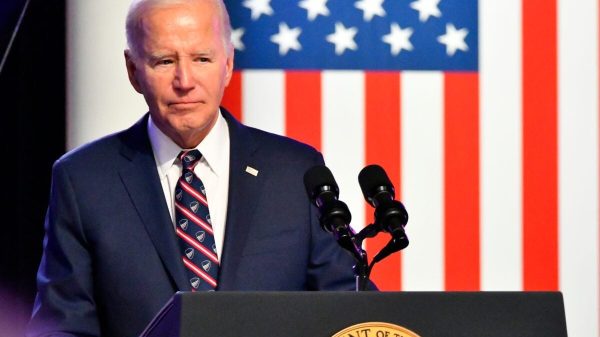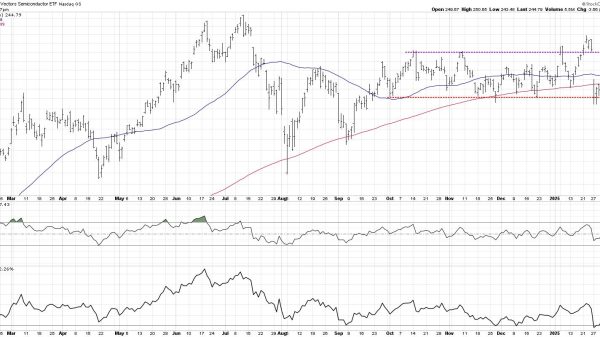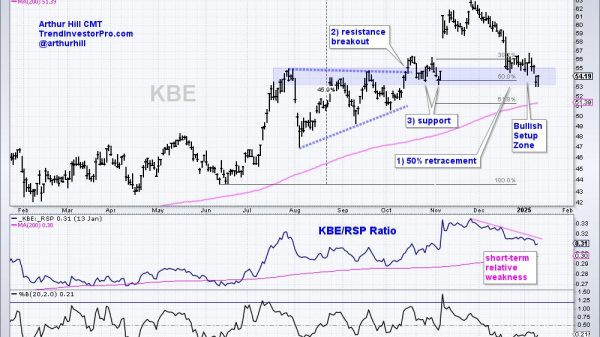China’s currency strategy: Shielding against US sanctions
In recent years, China has been reducing its reliance on the US dollar in international transactions as a strategy to insulate itself against future sanctions that the US may impose on the country.
In addition to this, Beijing is also making efforts to internationalize its currency, the yuan, which could potentially give it more power in the global financial system.
China’s strategy to reduce reliance on the US dollar
The US has often used its control over the global financial system, including the use of the dollar as the world’s reserve currency, as a tool to impose economic sanctions on countries that it deems to be a threat to its interests. This has been a key concern for China, which has faced increasing tensions with the US over issues such as trade and technology.
To reduce its dependence on the dollar, China has been promoting the use of its own currency, the yuan, in international transactions.
The country has been entering into currency swap agreements with other nations in recent years, which enables them to settle their trade in yuan as opposed to US dollars. This reduces the need for these countries to hold US dollars, which in turn reduces their vulnerability to US sanctions.
Additionally, China has been promoting the use of the yuan in its Belt and Road Initiative (BRI), which involves massive infrastructure investments in countries around the world. By encouraging the use of the yuan in BRI projects, China can further reduce its dependence on the US dollar and increase the use of its own currency in international transactions.
China’s efforts to internationalize the yuan
In addition to reducing its dependence on the US dollar, China is also making efforts to internationalize the yuan. This would involve increasing the use of the yuan in international trade and finance, as well as promoting it as a reserve currency for other countries.
One key step that China has taken towards this goal is the creation of the China International Payment System (CIPS), which is a payment system that allows for cross-border transactions in yuan. This system is seen as a potential rival to the US-dominated SWIFT system, which is used for international financial transactions.
China is also working to increase the use of the yuan in global financial markets. In recent years, the country has been issuing yuan-denominated bonds, known as “dim sum” bonds, in international markets. This has helped to increase the yuan’s international profile and attract foreign investors to the currency.
Furthermore, there is a strong drive by China to have the yuan incorporated into the International Monetary Fund’s (IMF) Special Drawing Rights (SDR) basket. The SDR is a collection of currencies utilized by the IMF as a reserve asset, and the addition of the yuan would signify a significant stride toward its global integration.
How is China using its currency to protect itself against future sanctions?
With China’s growing presence in the world, its use of the yuan to safeguard its economy has become more evident. Although some analysts caution against the potential drawbacks of this tactic, others argue that China’s economic might could render it impervious to other nations’ sanctions.
The efficacy of this approach is still uncertain, but what is evident is that Beijing’s readiness to leverage its financial influence has elevated its status as a dominant player on the global stage.
The post China’s currency strategy: Shielding against US sanctions appeared first on FinanceBrokerage.





























